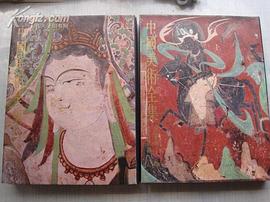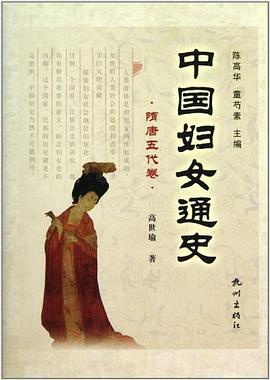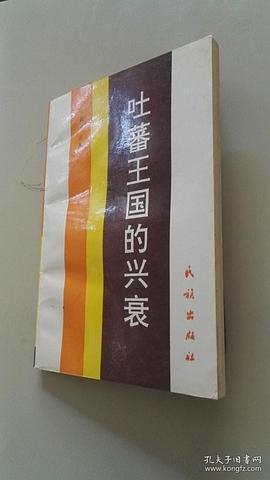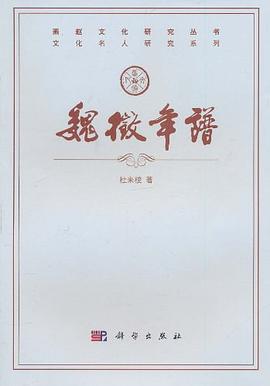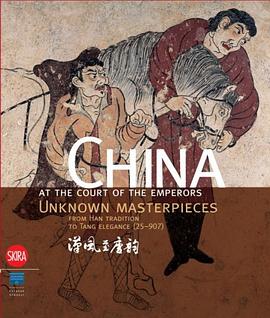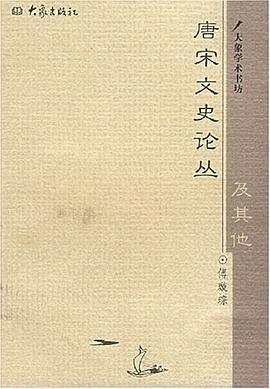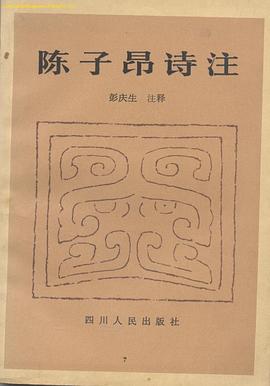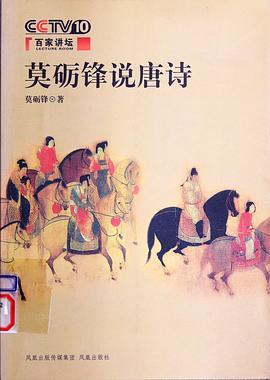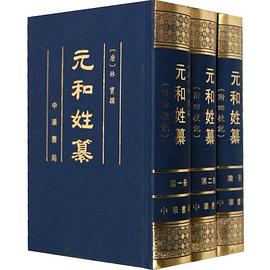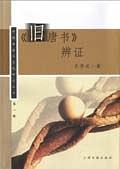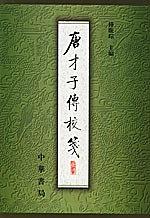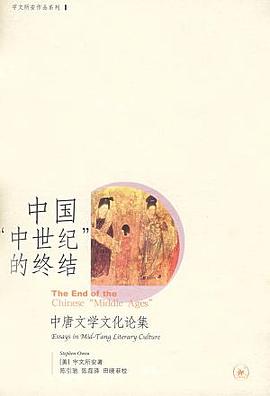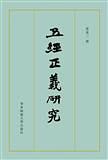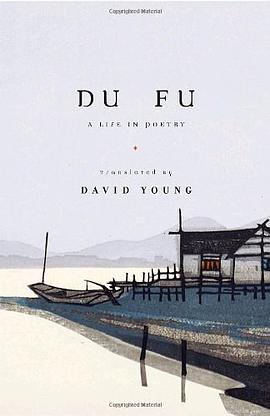

具體描述
Du Fu (712–770) is one of the undisputed geniuses of Chinese poetry—still universally admired and read thirteen centuries after his death. Now David Young, author of Black Lab, and well known as a translator of Chinese poets, gives us a sparkling new translation of Du Fu’s verse, arranged to give us a tour of the life, each “chapter” of poems preceded by an introductory paragraph that situates us in place, time, and circumstance. What emerges is a portrait of a modest yet great artist, an ordinary man moving and adjusting as he must in troubled times, while creating a startling, timeless body of work.
Du Fu wrote poems that engaged his contemporaries and widened the path of the lyric poet. As his society—one of the world’s great civilizations—slipped from a golden age into chaos, he wrote of the uncertain course of empire, the misfortunes and pleasures of his own family, the hard lives of ordinary people, the changing seasons, and the lives of creatures who shared his environment. As the poet chases chickens around the yard, observes tear streaks on his wife’s cheek, or receives a gift of some shallots from a neighbor, Young’s rendering brings Du Fu’s voice naturally and elegantly to life.
I sing what comes to me
in ways both old and modern
my only audience right now—
nearby bushes and trees
elegant houses stand
in an elegant row, too many
if my heart turns to ashes
then that’s all right with me . . .
from “Meandering River”
著者簡介
圖書目錄
讀後感
評分
評分
評分
評分
用戶評價
相關圖書
本站所有內容均為互聯網搜索引擎提供的公開搜索信息,本站不存儲任何數據與內容,任何內容與數據均與本站無關,如有需要請聯繫相關搜索引擎包括但不限於百度,google,bing,sogou 等
© 2025 book.quotespace.org All Rights Reserved. 小美書屋 版权所有

